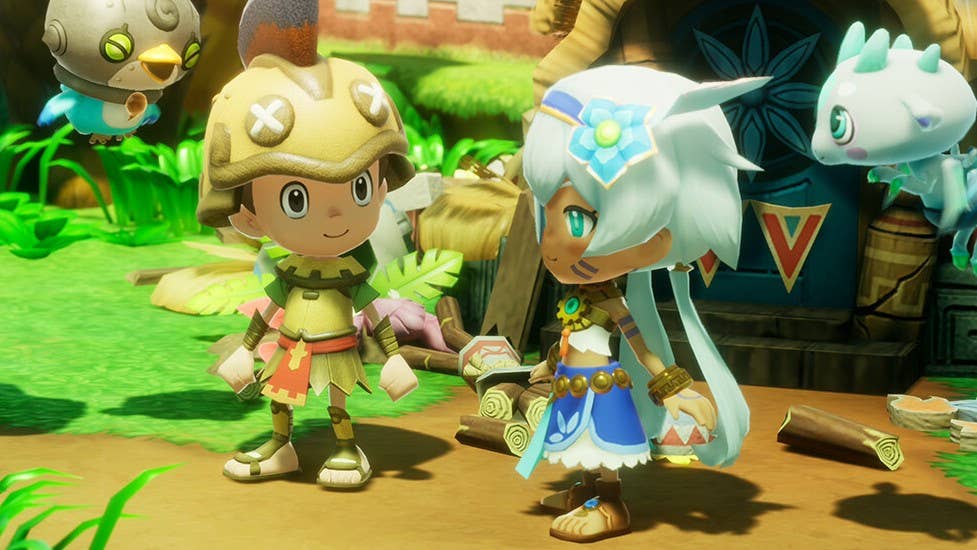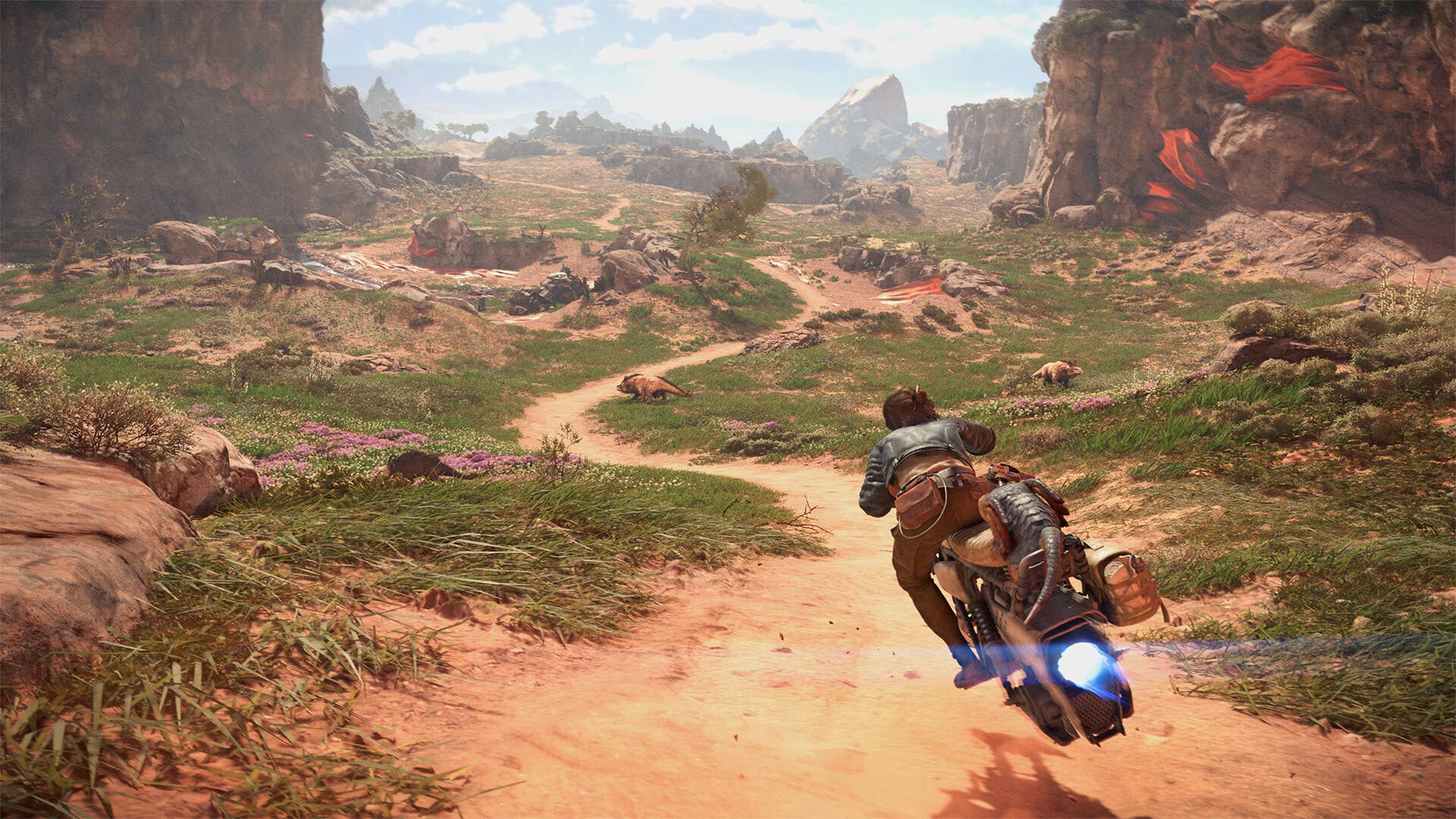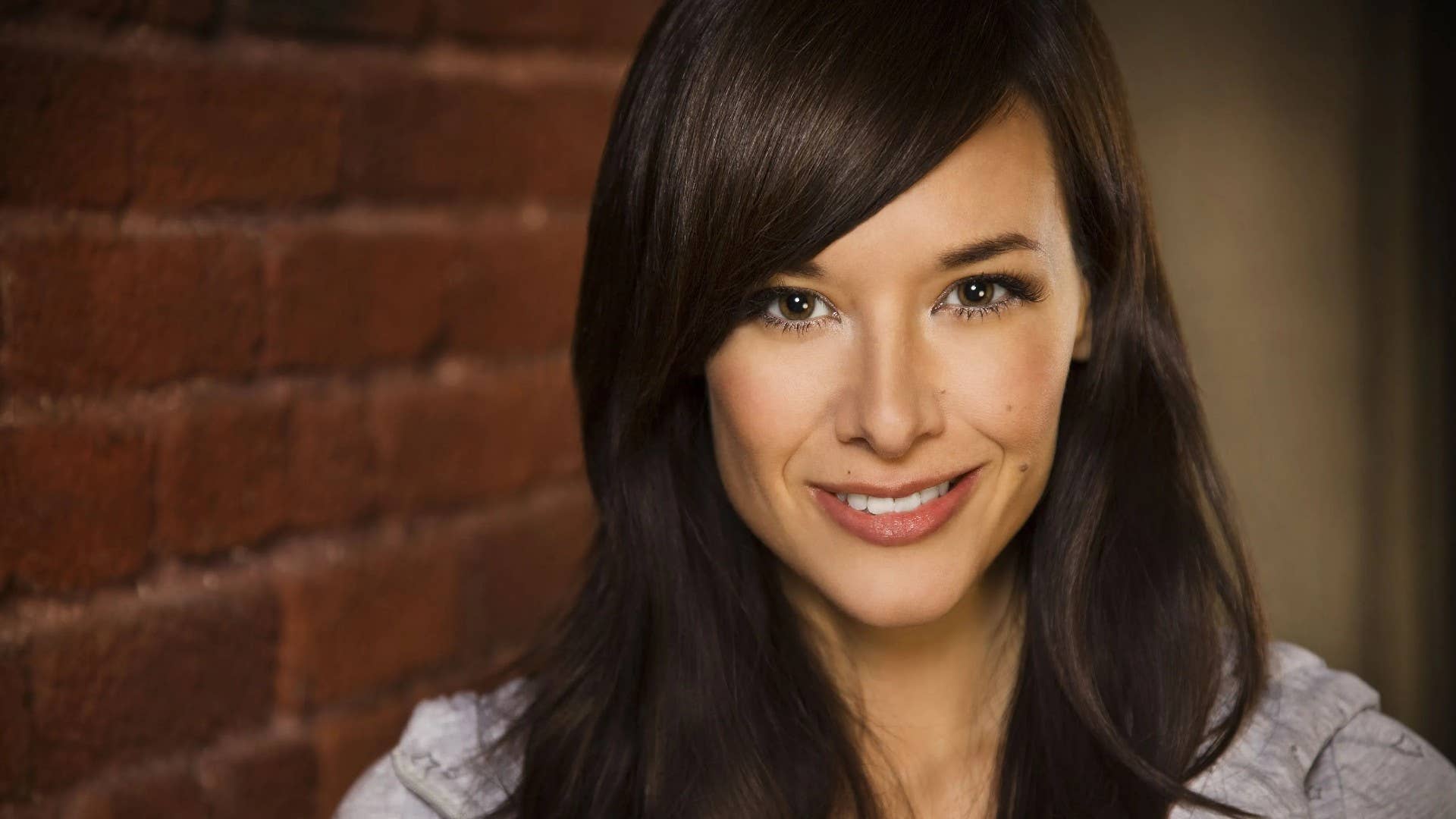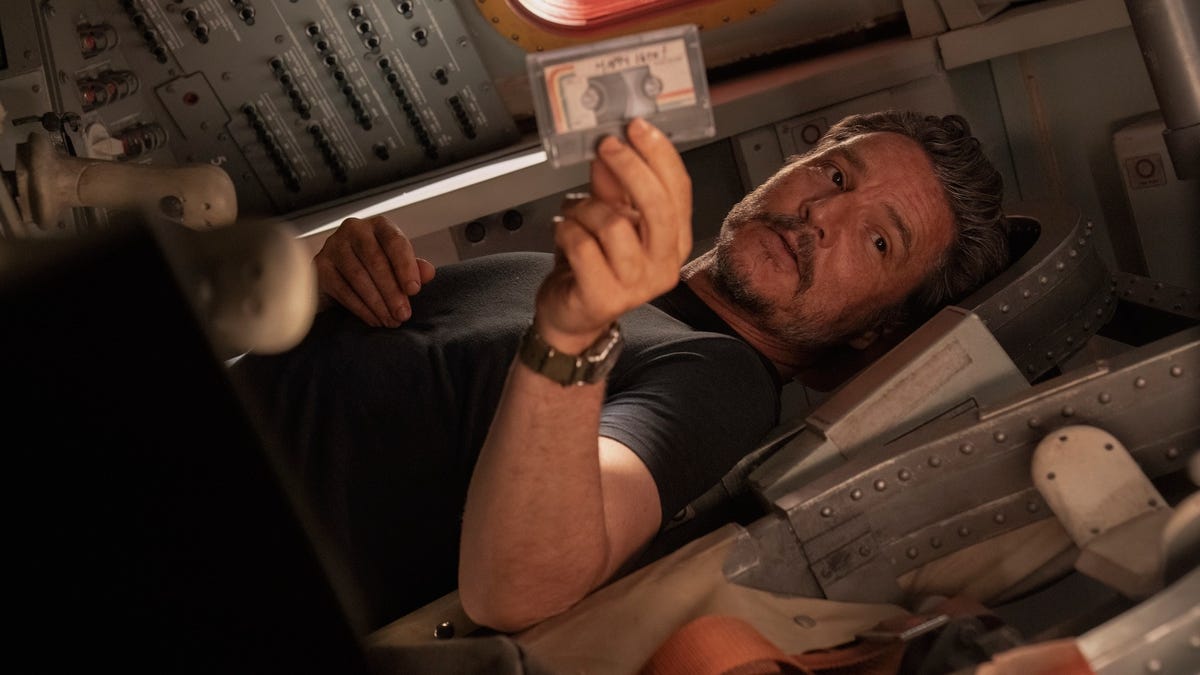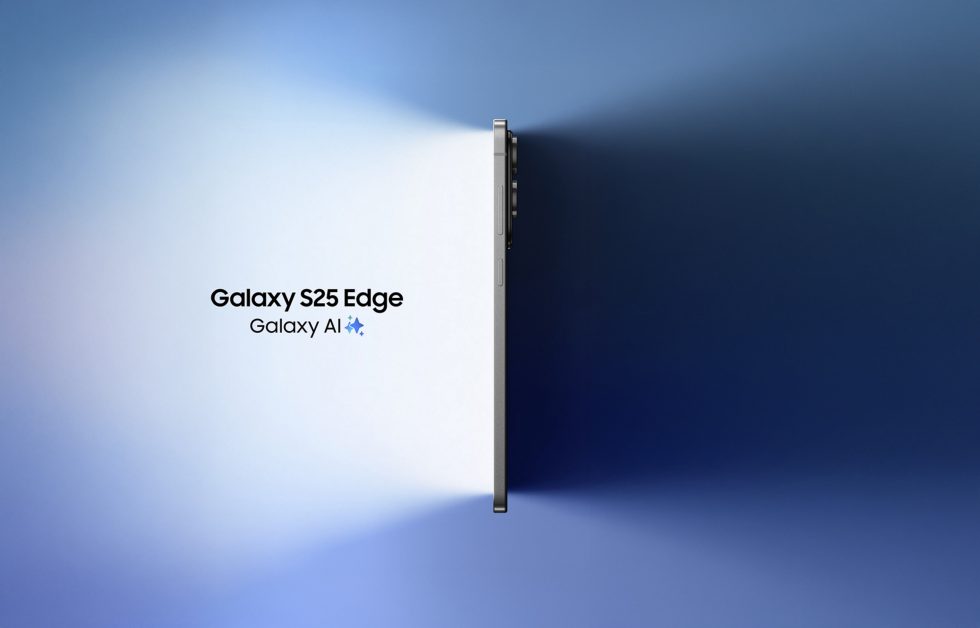Copyright Claims Board is “Ineffective and Costly,” Watchdog Groups Say
Responding to an inquiry from the U.S. Copyright Office, a coalition of watchdog groups has flagged various problems with the Copyright Claims Board. They label the three-year-old small claims tribunal as "ineffective" and a poor use of taxpayer money. The groups highlight a high volume of dismissed claims, concerns over the opt-out procedure, and an alarming 60% default rate in cases that do reach a final determination. From: TF, for the latest news on copyright battles, piracy and more.

 The US Copyright Claims Board launched in 2022. Through this Copyright Office-hosted venue, rightsholders can claim damages outside the federal court system.
The US Copyright Claims Board launched in 2022. Through this Copyright Office-hosted venue, rightsholders can claim damages outside the federal court system.
The board, instituted through the CASE Act, aims to make it cheaper for creators to resolve disputes. There’s no attorney required and the filing fee is limited to $100 per claim. The potential damages are capped at $30,000 and those who prefer traditional lawsuits can choose to opt-out.
Many rightsholders and related groups backed the creation of a small claims board, noting that this would help resolve copyright disputes without having to file expensive federal lawsuits. Opponents, however, feared that it could be abused by trolls and other frivolous claimants.
Now that nearly three years have passed, the Copyright Office is working on a formal review of the board’s accomplishments. In a request for comments, it asked members of the public to chime in on CCB’s effectiveness and future.
Watchdog Groups Flag CCB Problems
In response to this request, a coalition of groups including Re:Create, the American Library Association, the Association of Research Libraries, R Street, and Engine, filed a critical response. The same groups also objected to the CASE Act and warned about potential abuse by trolls.
While there hasn’t been any sign of systematic abuse of the board, the group flagged various other shortcomings. In a detailed submission, they note that the CCB costs taxpayers millions, while relatively few cases reach a final decision.
According to the groups’ analysis, the CCB has spent approximately $5.4 million in its first years of operation, while only about $75,000 has been awarded to claiming copyright holders through its decisions.
With well over 1,200 complaints, there has been no shortage of claims. However, most of these end up being dismissed and thus far the board has only reached final determinations in 35 cases, awarding little over $2,000 in damages on average.
“American taxpayers have spent around $5,500 per case to reject hundreds of frivolous claims, adjudicate the remaining 3.5%, and issue opinions awarding damages that on average amount to less than half the cost of processing the claim,” the submission states.

High Dismissal Rate
Aside from the money, the high dismissal rate also stands out. The board’s own statistics show that, of the 964 cases that were dismissed, 470 were deemed to be noncompliant. That includes many cases where filers failed to amend their claims upon the CCB’s request.
Another 187 claims were dismissed because no valid proof of service was filed. In 114 instances the respondent chose to opt out, while 99 claims were settled without the board’s involvement.

The groups describe the CCB as “mostly churning through non-compliant claims,” and suggest the $40 initial filing fee is too low to screen out potentially frivolous claims.
“The $40 filing fee is not high enough to deter frivolous claims. Hundreds of non-compliant claims are filed each year by claimants who disappear after a CCB Staff Attorney spends substantial time evaluating the claim and preparing a detailed Order to Amend,” the submission reads.
Concerning Number of Defaults
The groups also expressed alarm over the high proportion of default judgments. Their filing indicates that 60% of the CCB’s final determinations were default judgments, where the respondent did not participate.
This rate is dramatically higher than the typical 7% default rate for copyright cases in federal court. This could signal that the public is not familiar with the opt-out procedure yet and that they don’t understand the consequences.
In one of these cases, respondent Angel Jameson shared her “disbelief that the Board is a government tribunal” after missing the opt-out deadline. Despite her objections, the CCB awarded the claimant $4,500 in damages, rejecting a request to vacate the default judgment.
“The Jameson case suggests that it is possible for respondents to fail to opt out due to mistrust and misunderstanding of the CCB process,” the groups write.
Repeal?
Given these significant operational concerns, the coalition argues strongly against expanding the CCB’s jurisdiction or powers at this time. This would include the suggestion to enable the board to grant subpoenas.
“There is no reason to consider adding to the CCB’s docket or to its powers until it can be established that the CCB is capable of accomplishing its initial mandate,” they note.
“At present, the CCB appears to be drowning in frivolous claims, handing out a handful of default judgments to facially valid claims with only one party present, and slowly grinding away at a handful of disputed claims.”
If these concerns remain, or get worse, it may be best that Congress abolish the small claims board in its entirety, the coalition concludes.
“If these trends continue, Congress should consider repealing the CASE Act.”
—
A copy of the submission submitted by Re:Create, the Association of Research Libraries, Engine, R Street Institute, and the American Library Association is available here (pdf). Other submissions, including ones who view the CCB as more favorable, can be found here.
From: TF, for the latest news on copyright battles, piracy and more.


















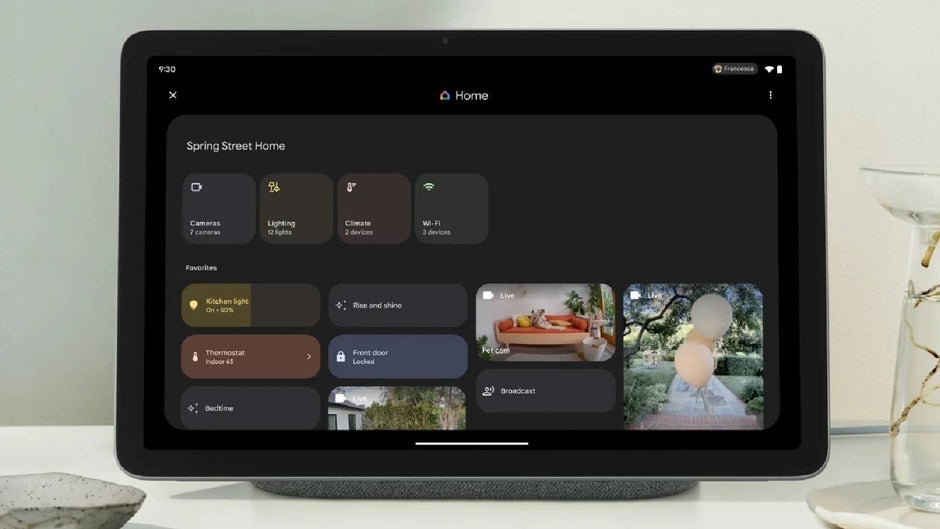














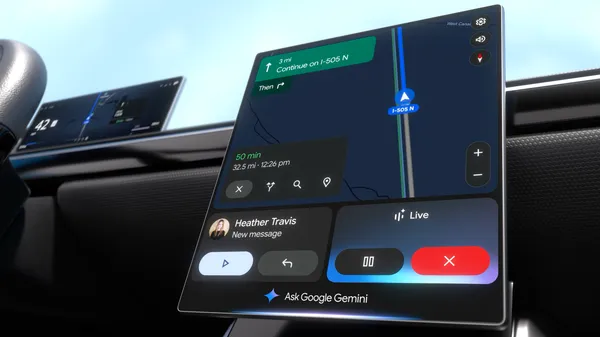











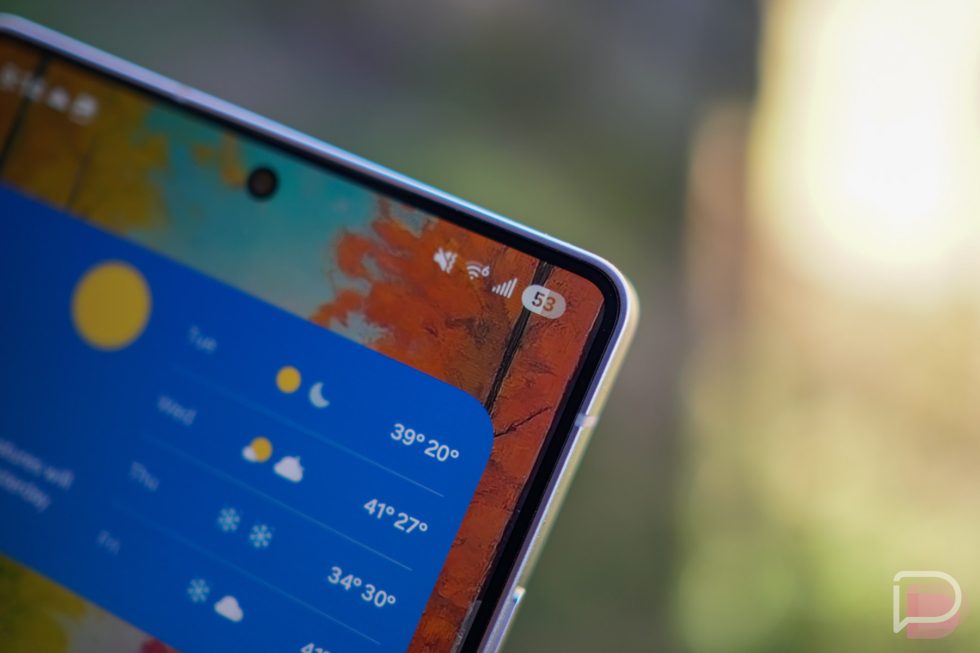
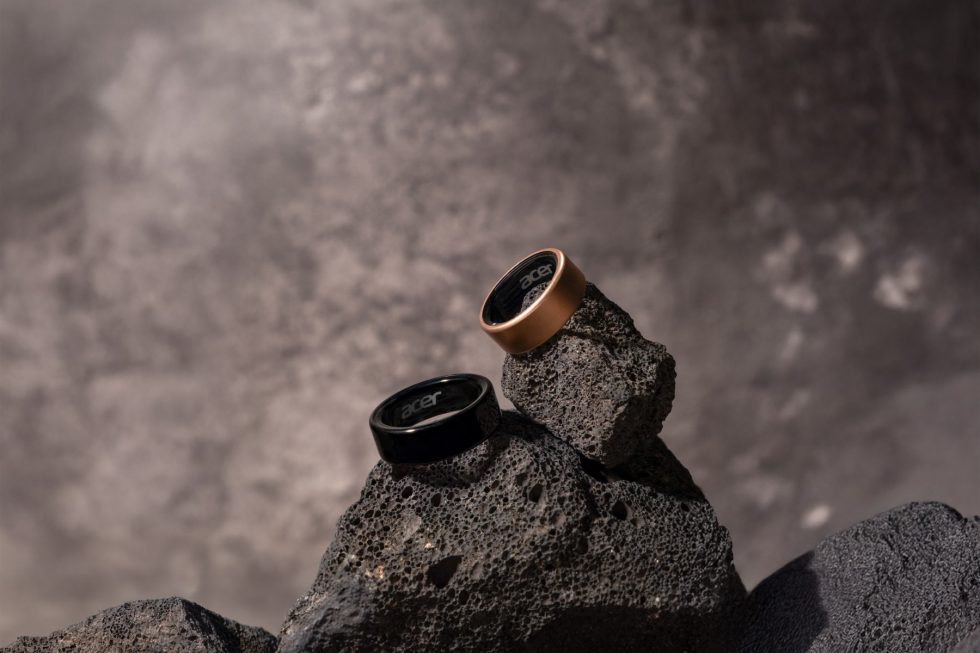







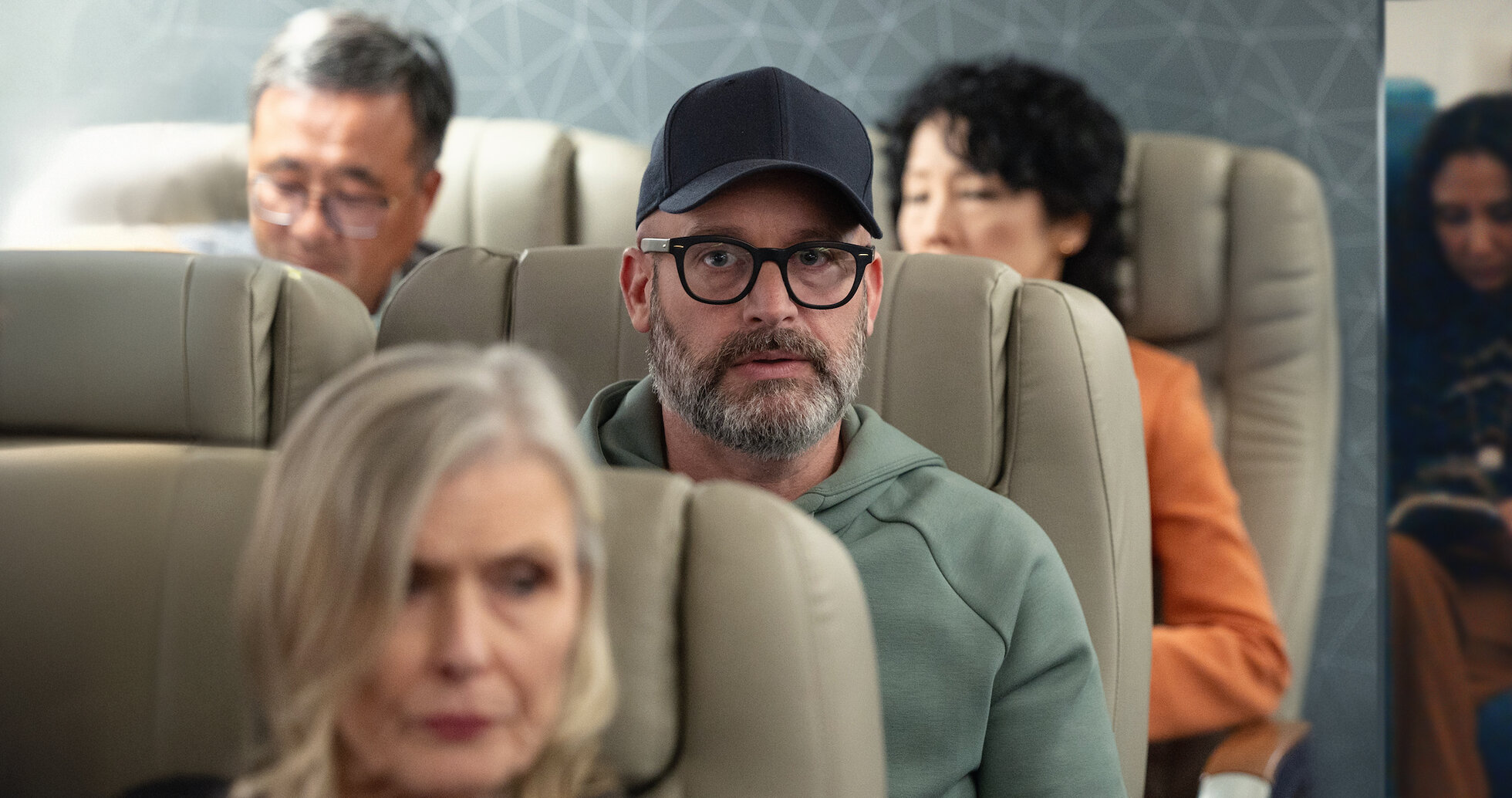

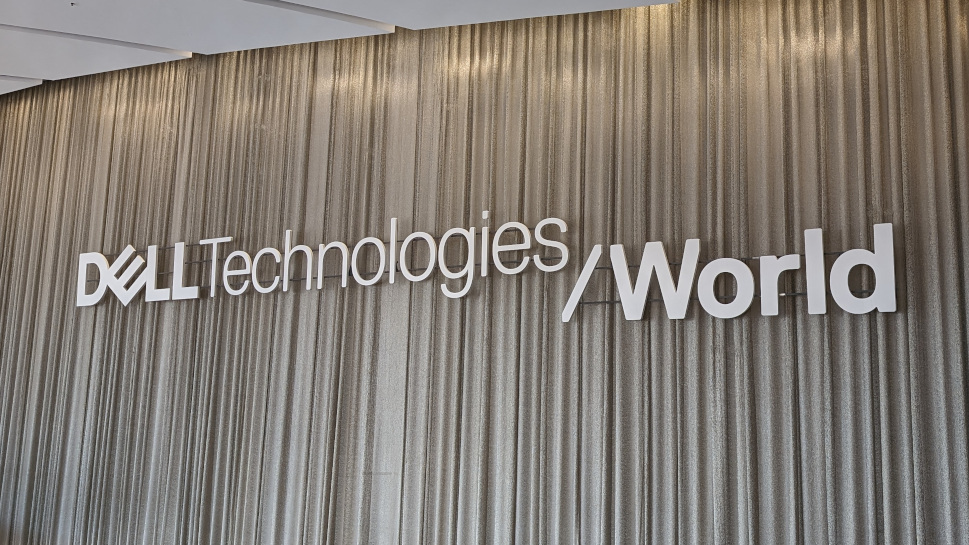












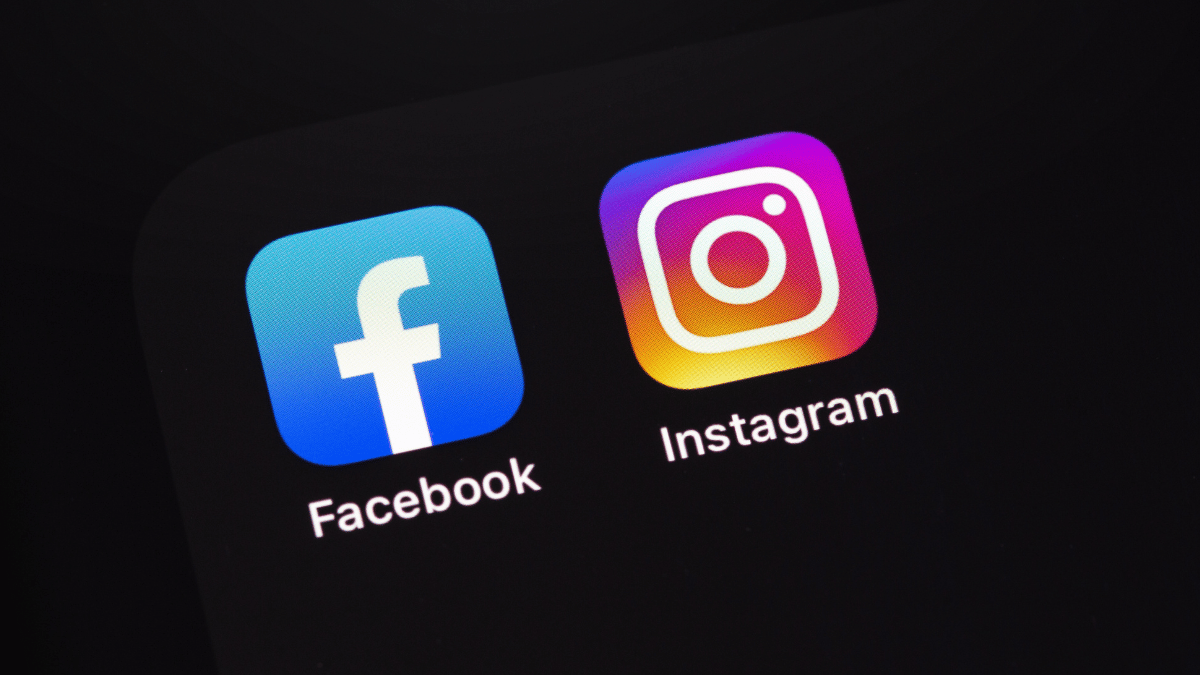




![Apple May Not Update AirPods Until 2026, Lighter AirPods Max Coming in 2027 [Kuo]](https://www.iclarified.com/images/news/97350/97350/97350-640.jpg)
![iPhone 17 Air Could Get a Boost From TDK's New Silicon Battery Tech [Report]](https://www.iclarified.com/images/news/97344/97344/97344-640.jpg)
![Vision Pro Owners Say They Regret $3,500 Purchase [WSJ]](https://www.iclarified.com/images/news/97347/97347/97347-640.jpg)



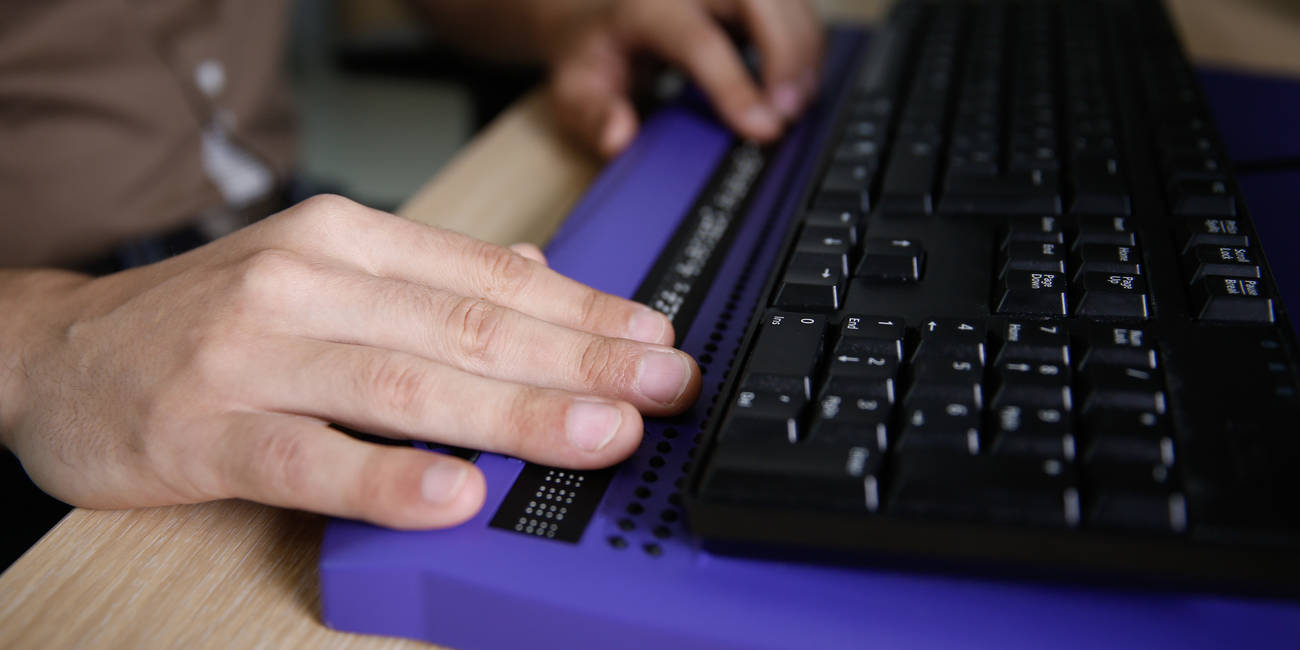
















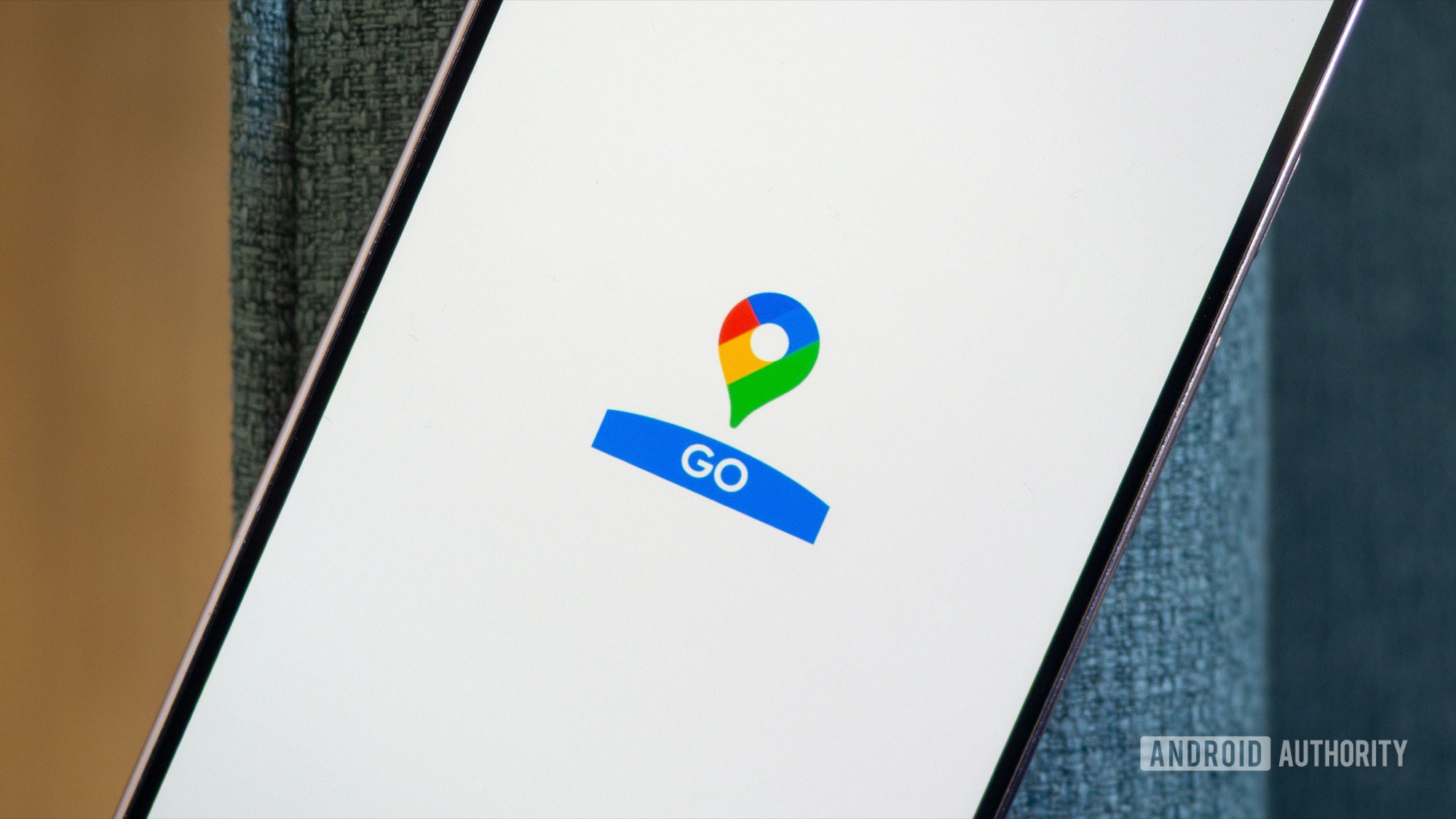
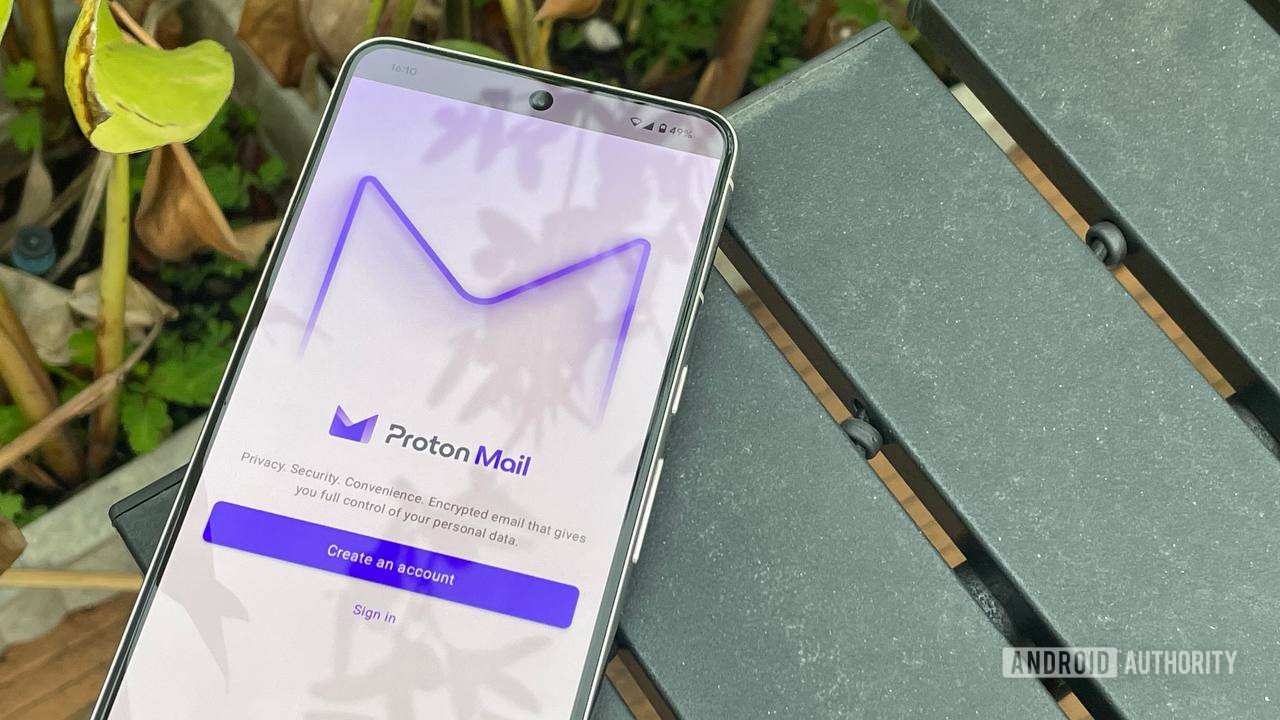
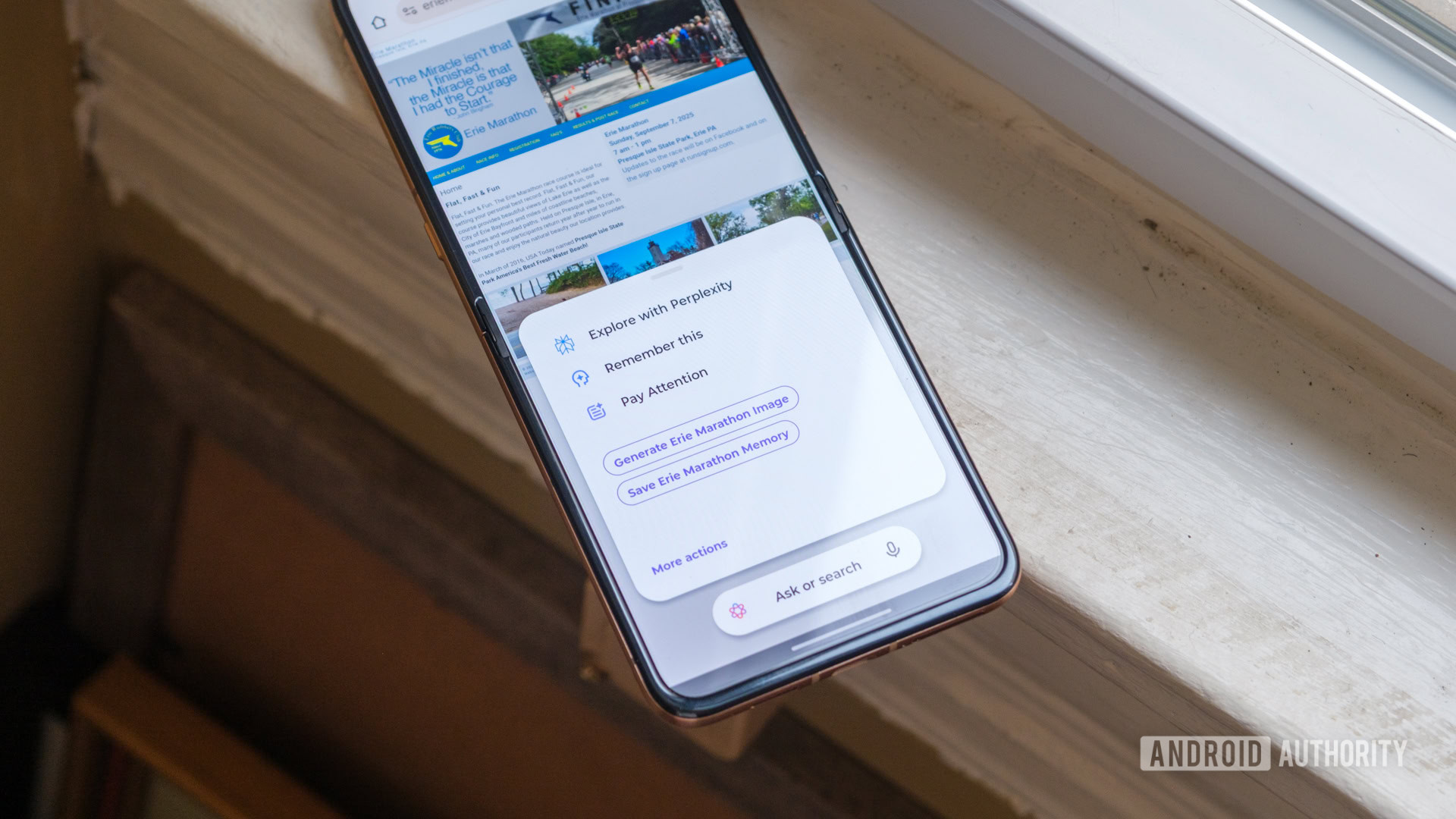

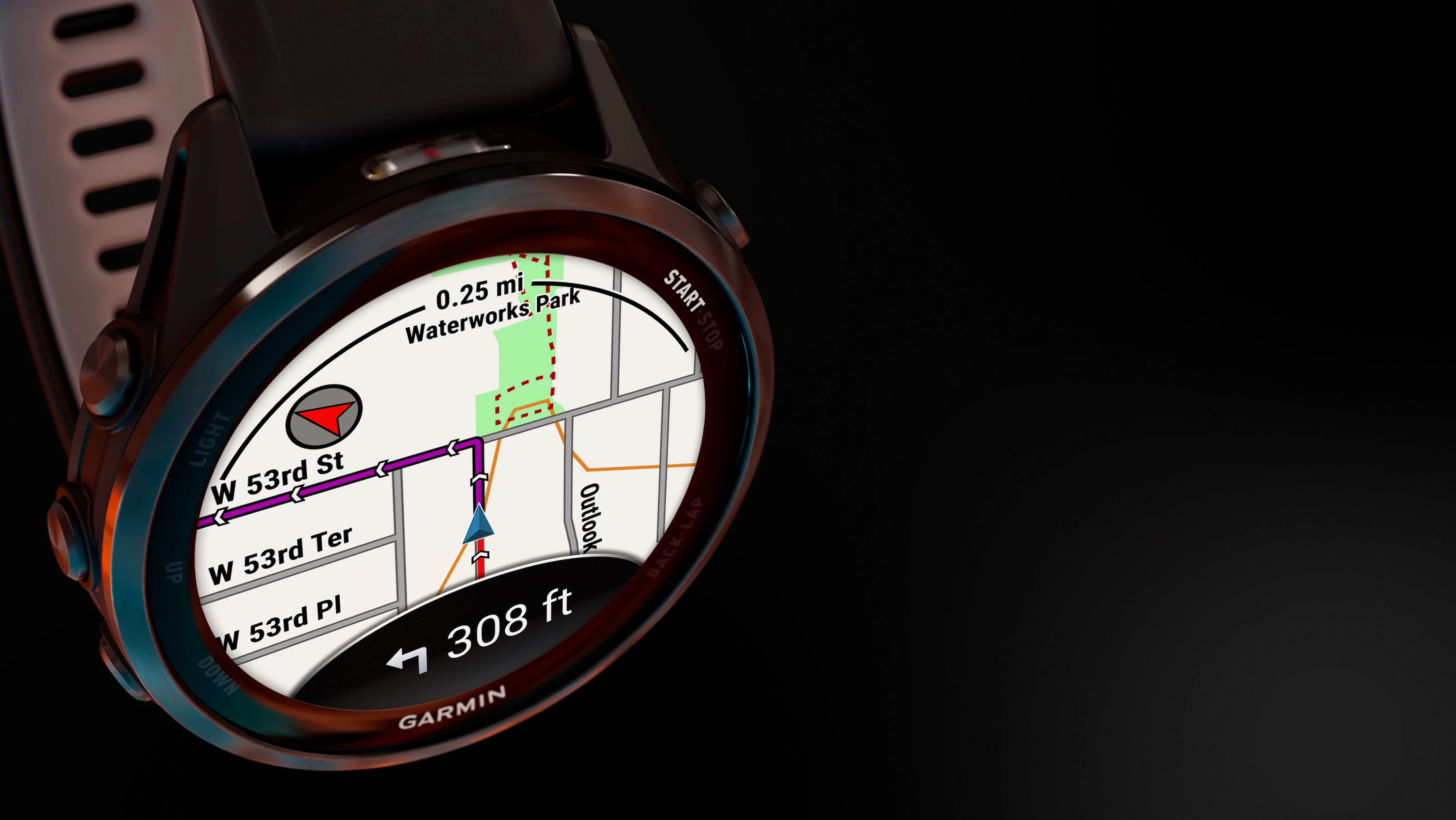




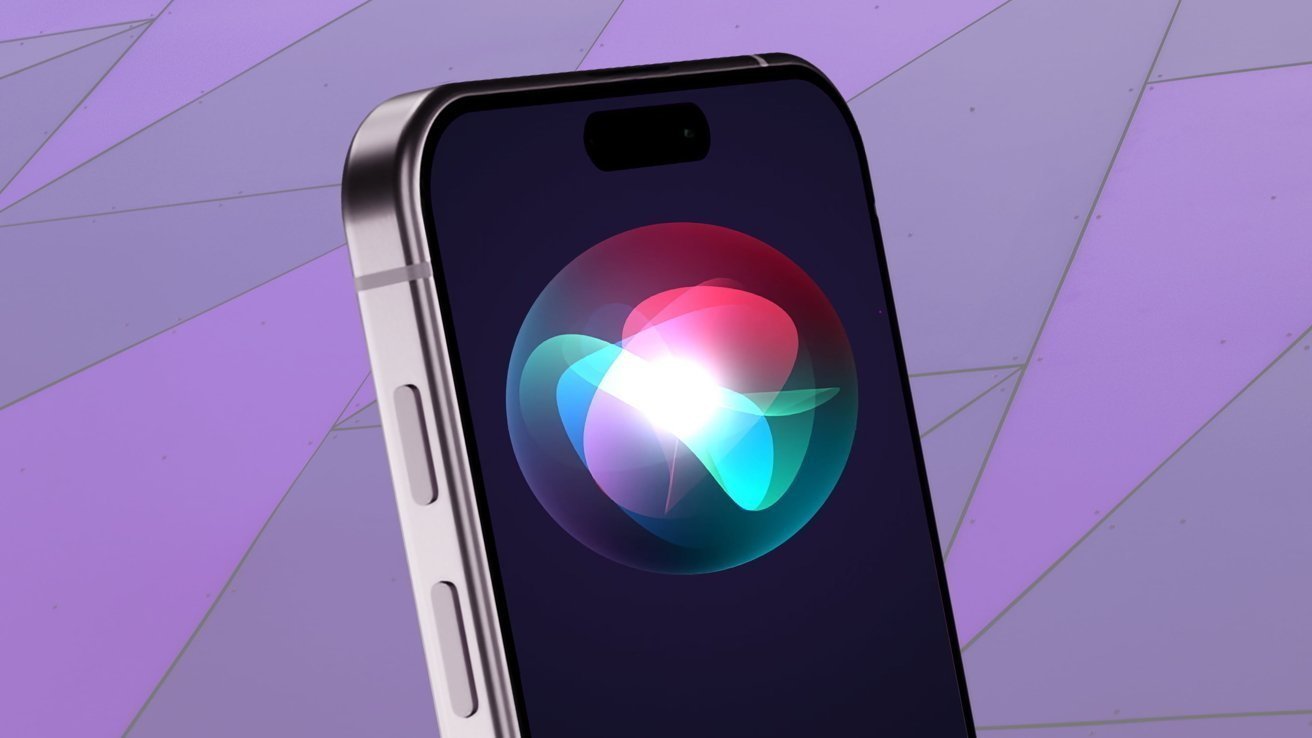

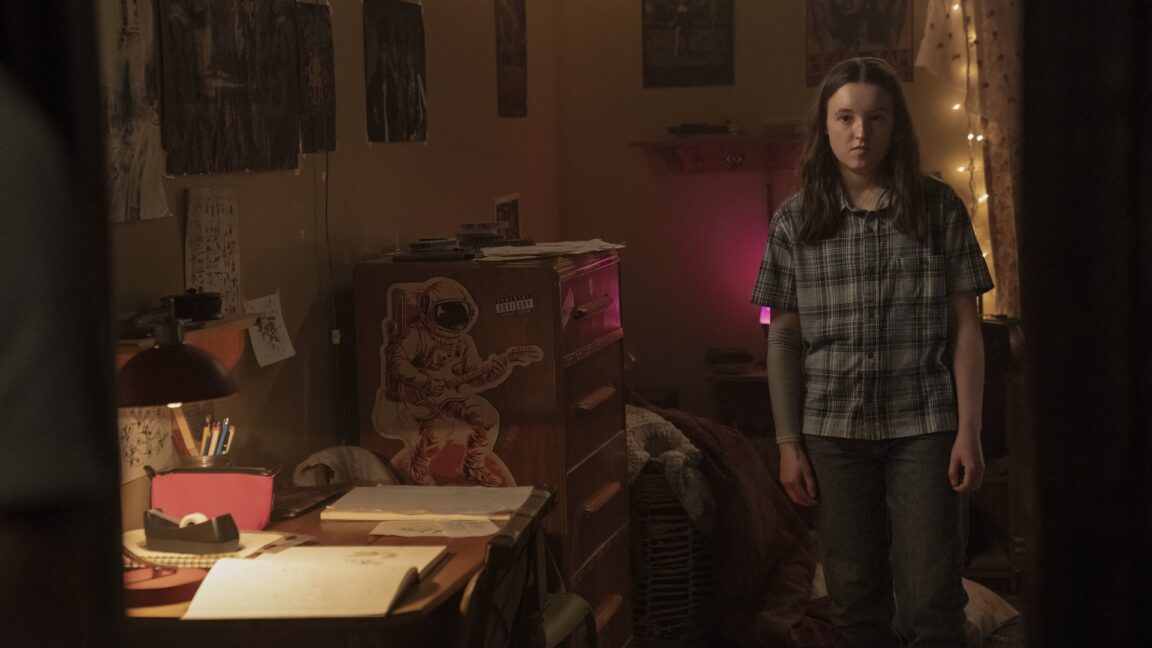

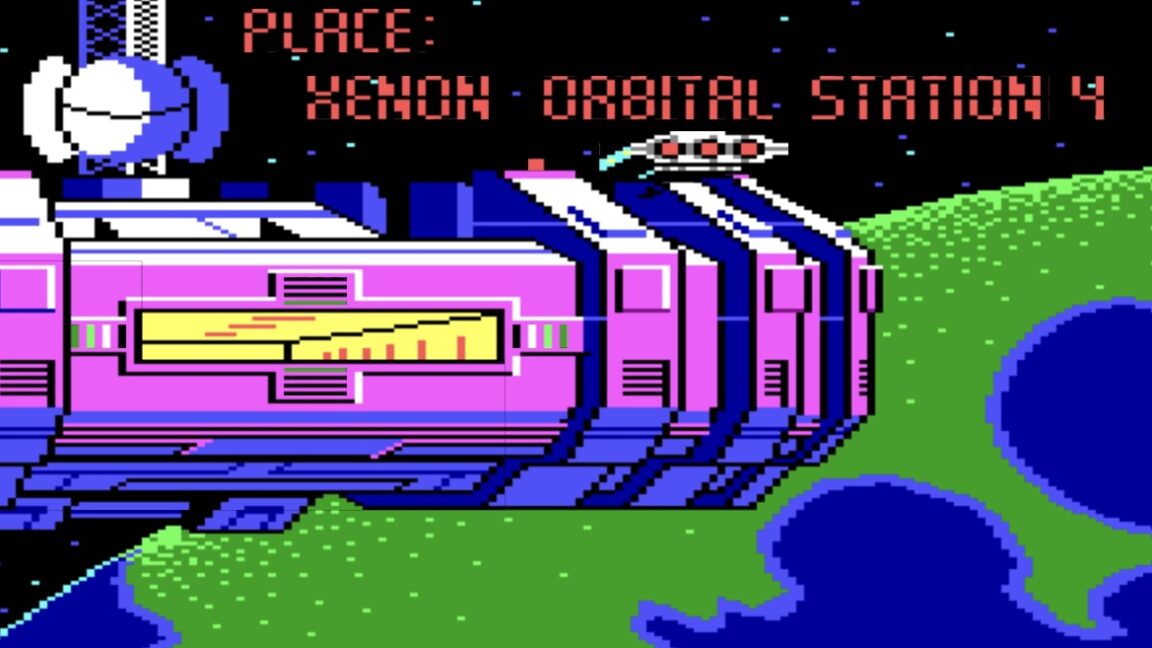























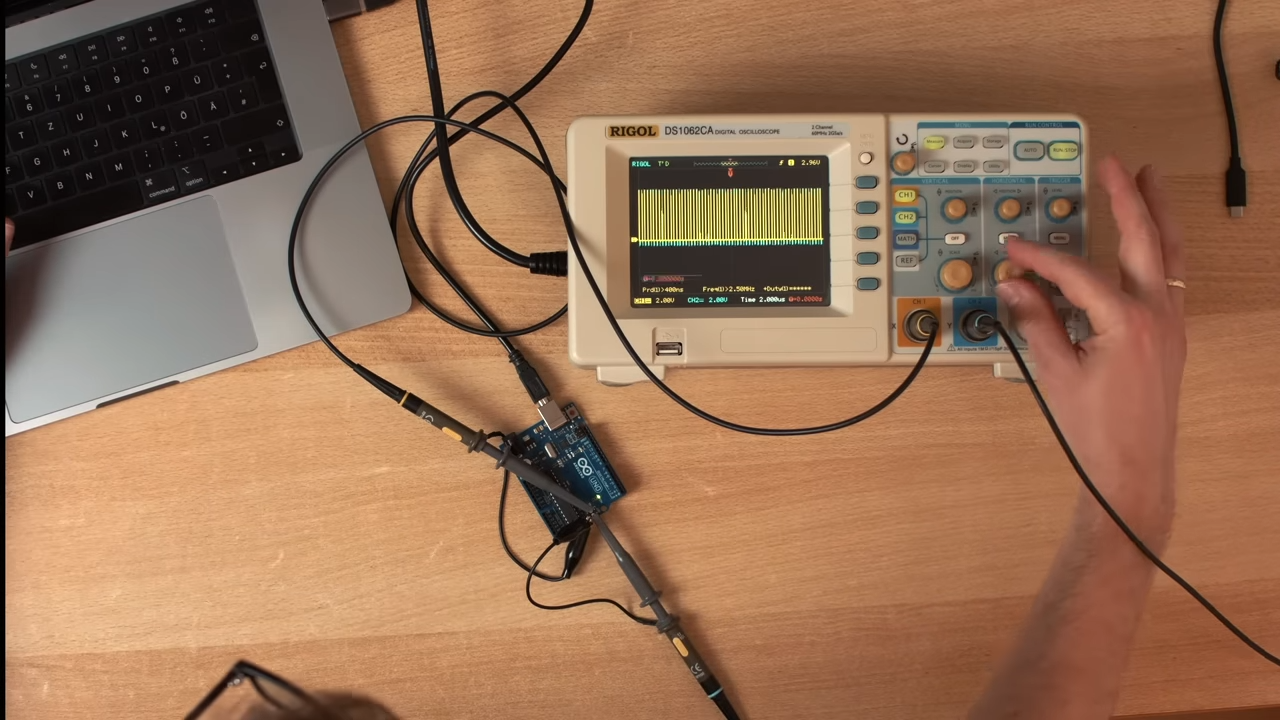













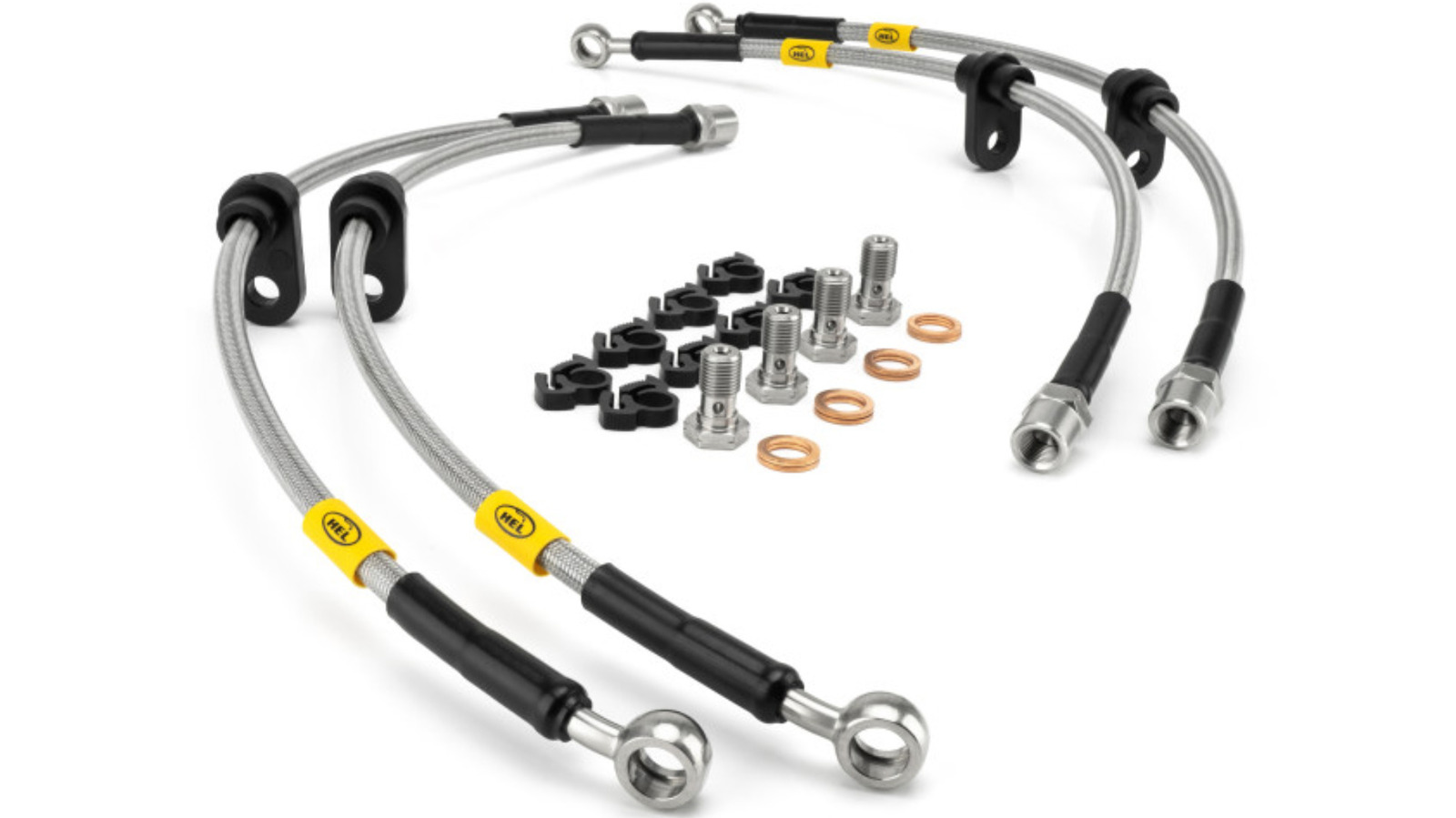









































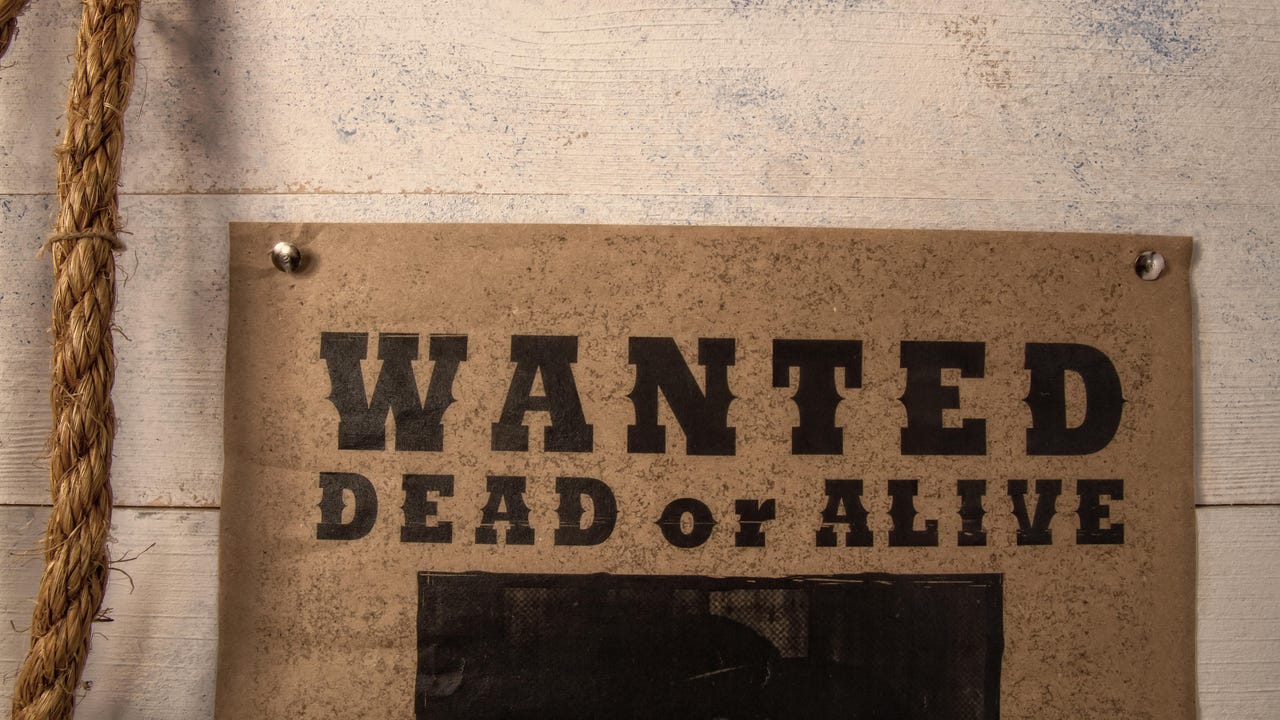




























































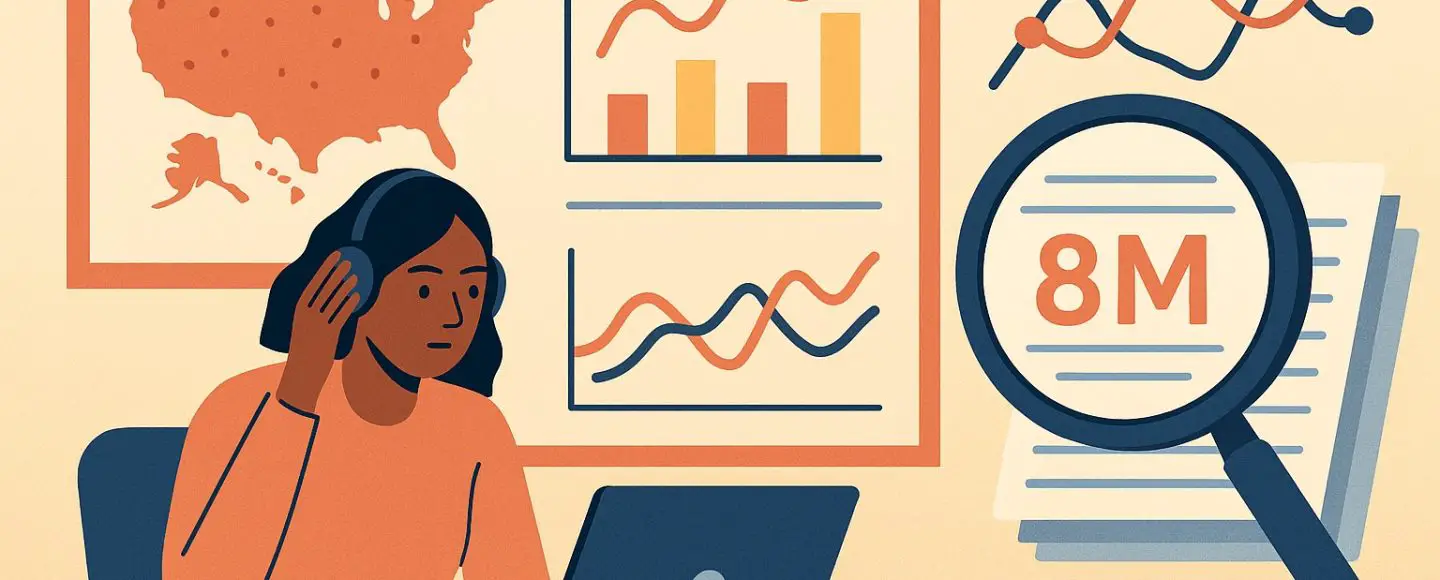
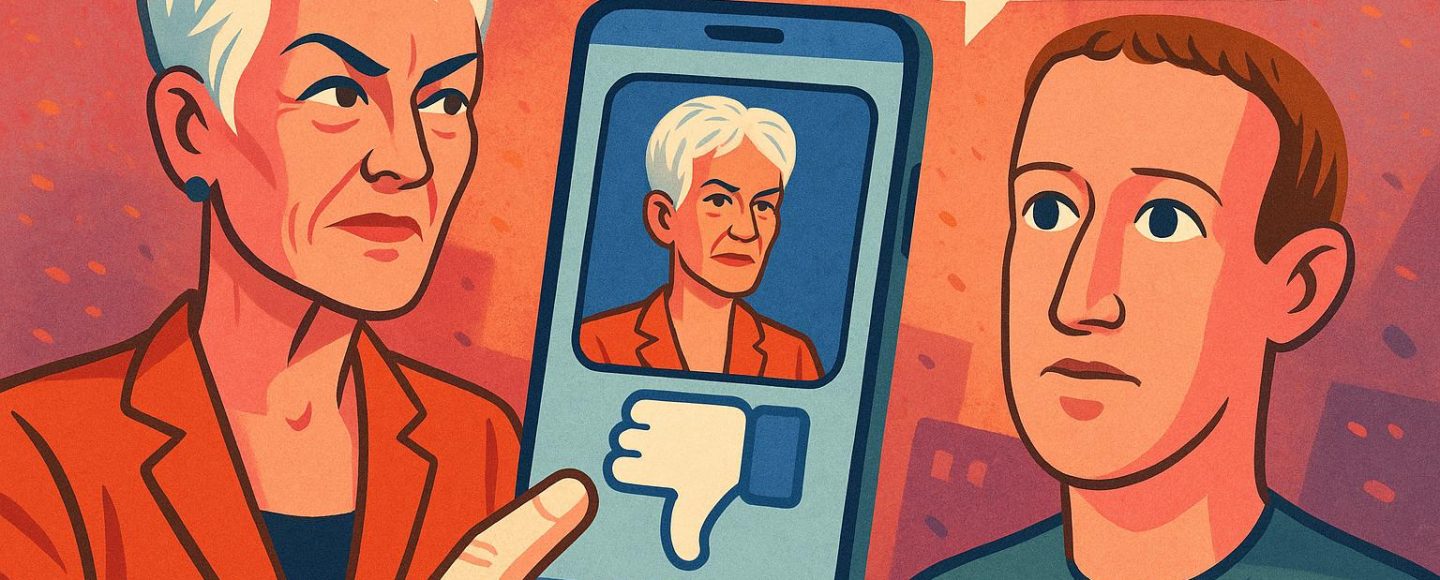
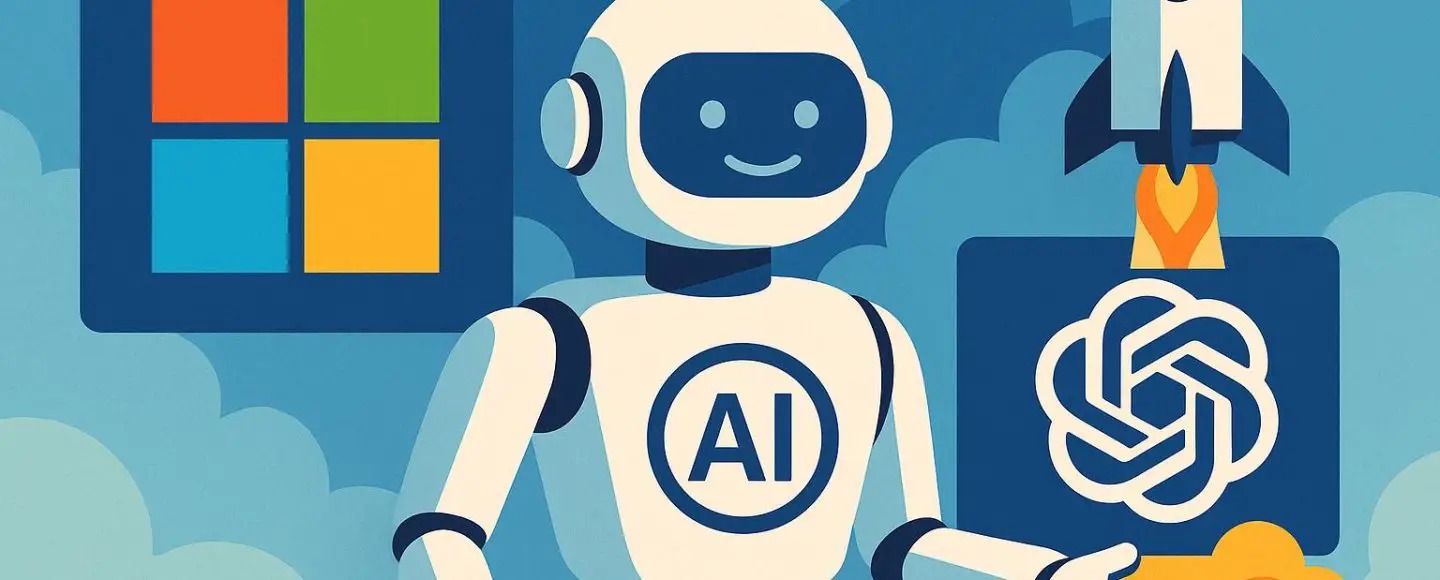
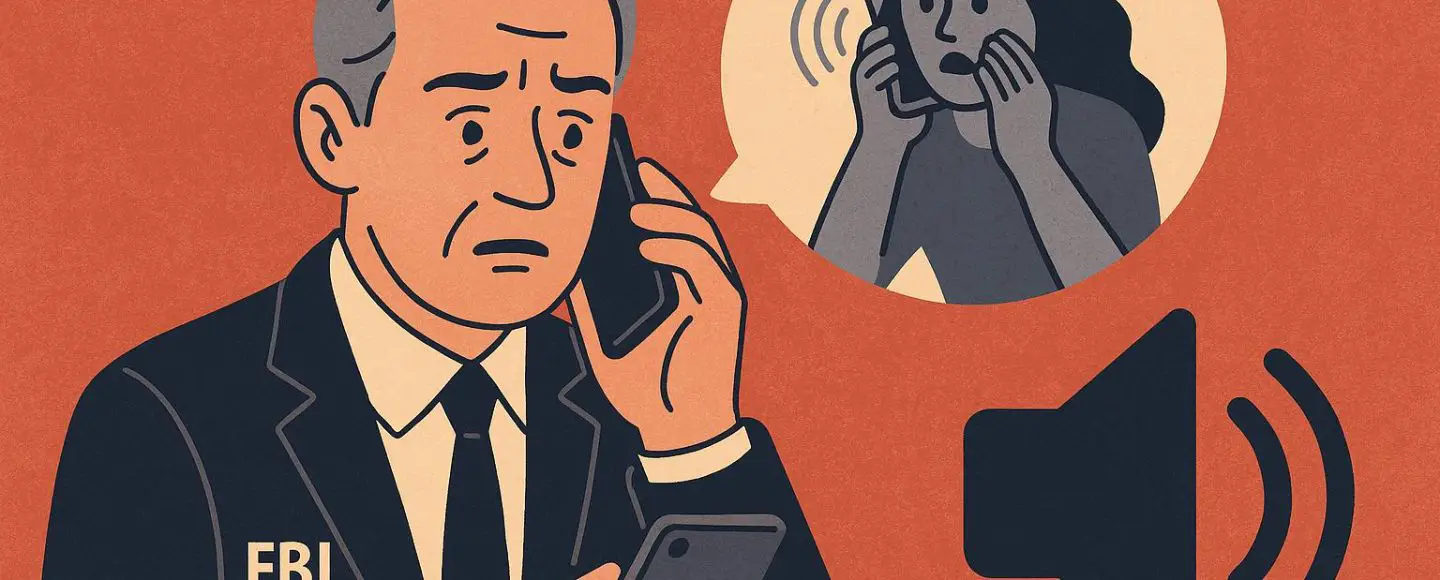







































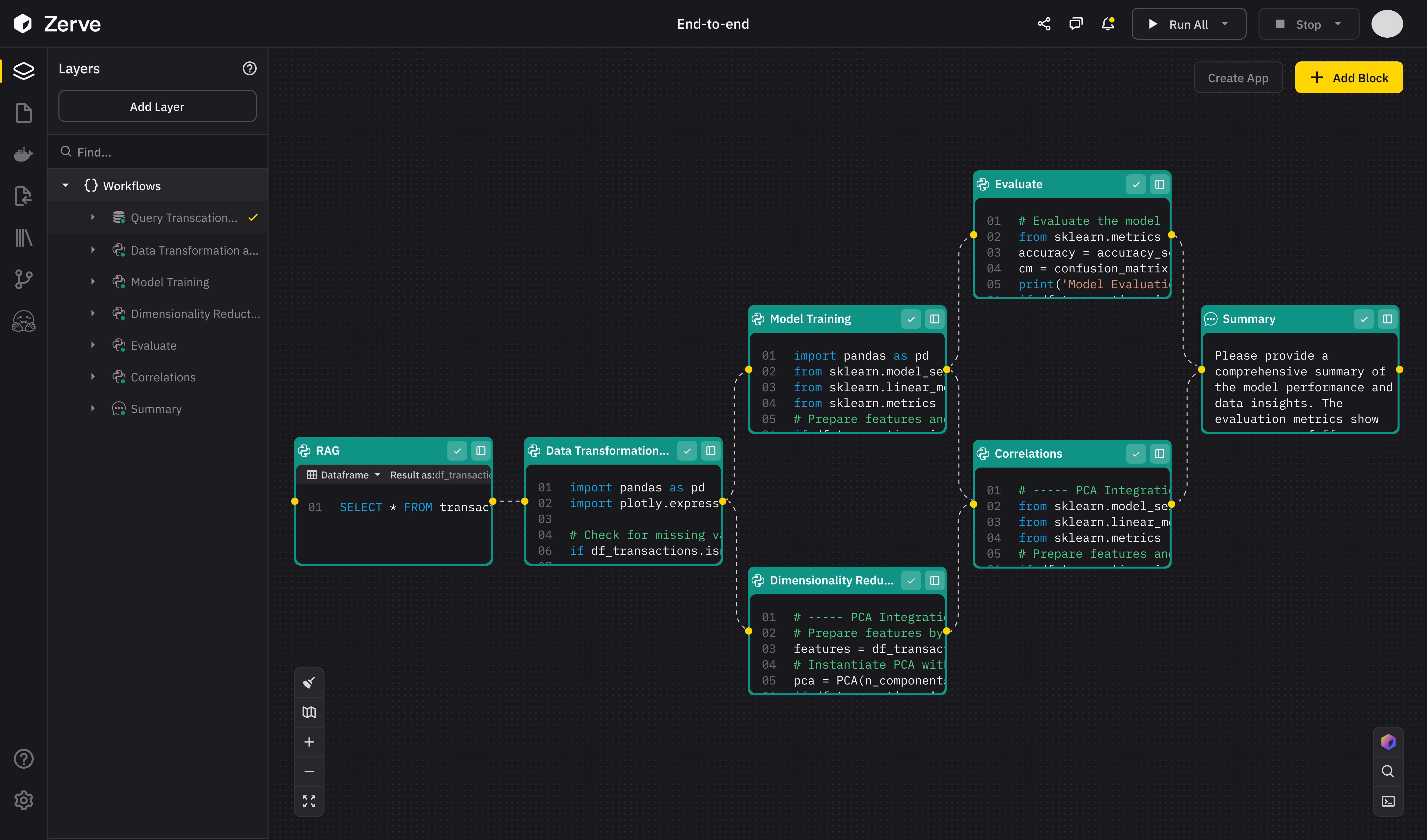












![[The AI Show Episode 147]: OpenAI Abandons For-Profit Plan, AI College Cheating Epidemic, Apple Says AI Will Replace Search Engines & HubSpot’s AI-First Scorecard](https://www.marketingaiinstitute.com/hubfs/ep%20147%20cover.png)
























![How to Enable Remote Access on Windows 10 [Allow RDP]](https://bigdataanalyticsnews.com/wp-content/uploads/2025/05/remote-access-windows.jpg)






















































































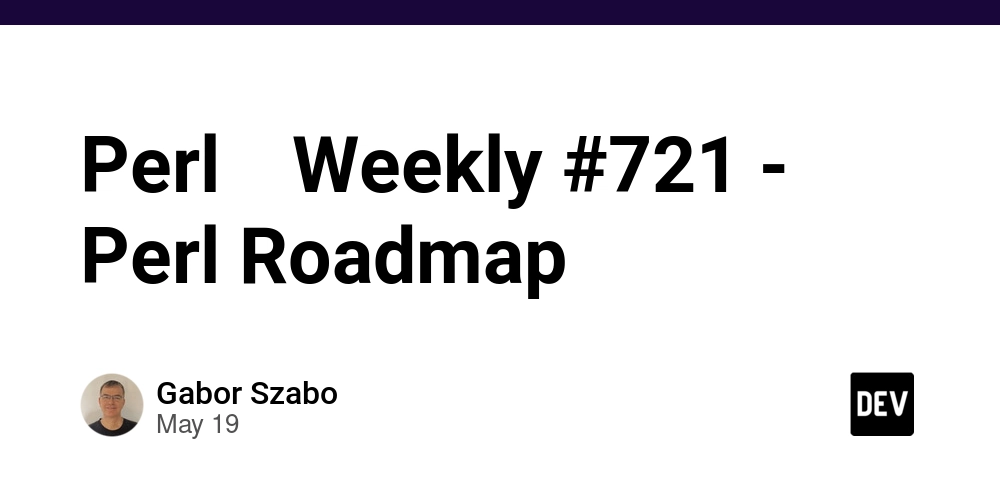
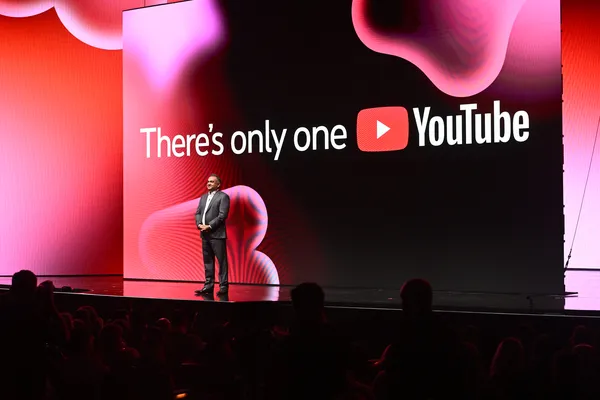
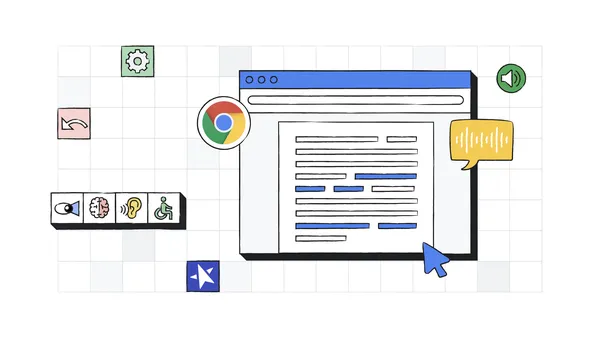
























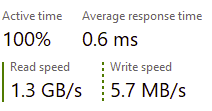


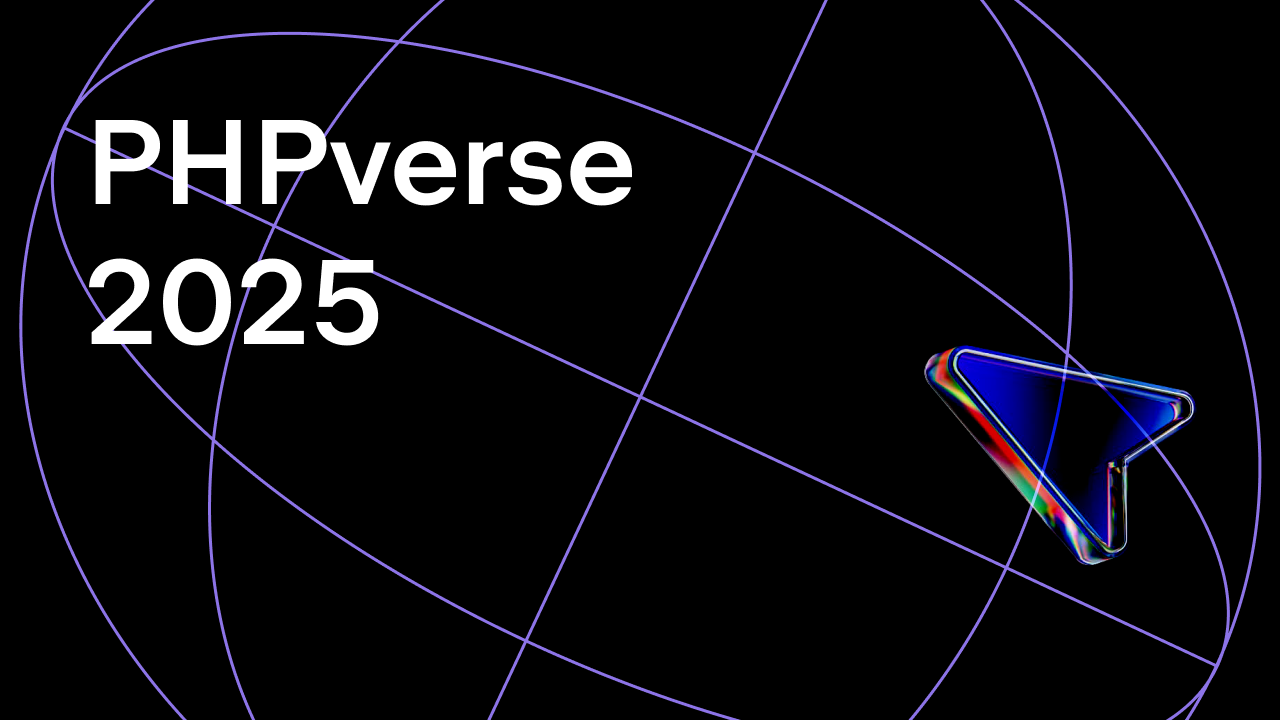











![How to make Developer Friends When You Don't Live in Silicon Valley, with Iraqi Engineer Code;Life [Podcast #172]](https://cdn.hashnode.com/res/hashnode/image/upload/v1747360508340/f07040cd-3eeb-443c-b4fb-370f6a4a14da.png?#)


![[DEALS] The ChatGPT & AI Super Bundle (91% off) & Other Deals Up To 98% Off – Offers End Soon!](https://www.javacodegeeks.com/wp-content/uploads/2012/12/jcg-logo.jpg)


























